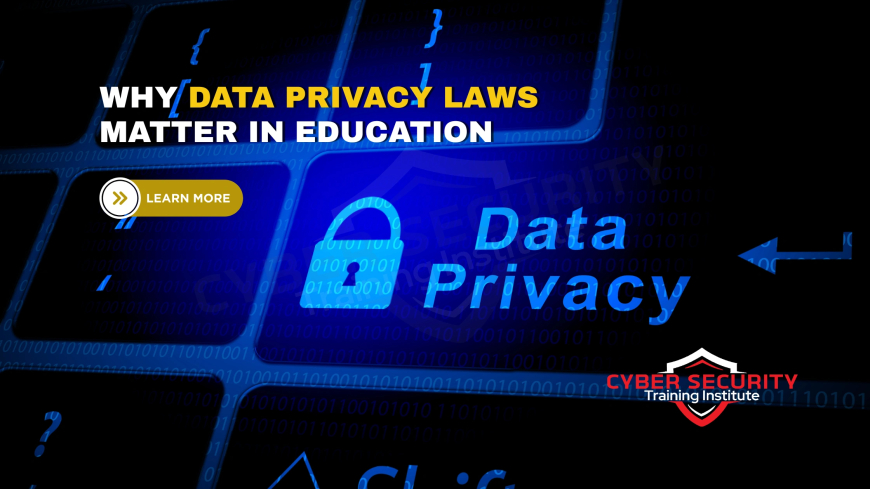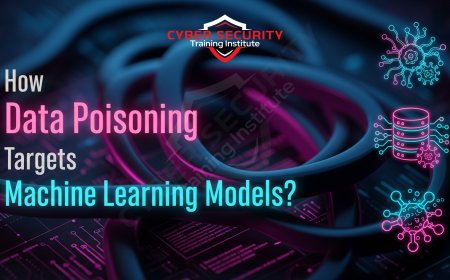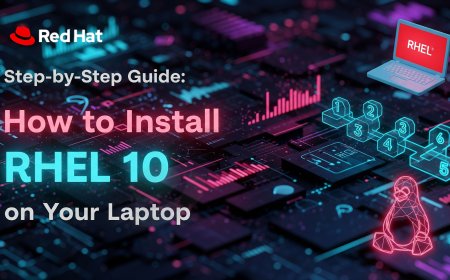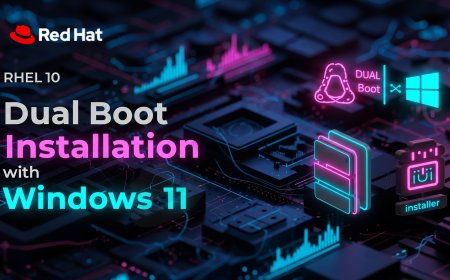How Do Data Privacy Laws Affect Educational Institutions?
In today’s digital age, educational institutions handle vast amounts of sensitive data, from student records to faculty information. With the rise of online learning platforms, cloud-based systems, and digital communication, protecting this data has become a critical responsibility. Data privacy laws, designed to safeguard personal information, have a profound impact on how schools, colleges, and universities operate. These regulations ensure that institutions protect sensitive data but also present challenges in compliance, cost, and implementation. This blog explores how data privacy laws affect educational institutions, offering insights into their implications, compliance strategies, and benefits for students and staff.

Table of Contents
- Overview of Data Privacy Laws
- Impact on Educational Institutions
- Key Data Privacy Laws Affecting Education
- Challenges of Compliance
- Strategies for Compliance
- Benefits of Data Privacy Compliance
- Role of Technology in Compliance
- Conclusion
- Frequently Asked Questions
Overview of Data Privacy Laws
Data privacy laws are regulations that govern how organizations collect, store, process, and share personal information. In the context of education, personal information includes student names, addresses, academic records, and even biometric data. These laws aim to protect individuals from data breaches, unauthorized access, and misuse of their information. For educational institutions, compliance is not optional—it’s a legal and ethical obligation. Key aspects of data privacy laws include:
- Data protection: Ensuring personal information is securely stored and only accessible to authorized personnel.
- Consent: Requiring explicit permission to collect or share data, especially for minors.
- Transparency: Institutions must inform individuals about how their data is used.
- Accountability: Organizations must demonstrate compliance through policies and audits.
Impact on Educational Institutions
Data privacy laws significantly influence how educational institutions operate. From administrative processes to classroom technology, these regulations shape daily activities. Here’s how:
- Student data protection: Schools must secure sensitive information like grades, health records, and contact details.
- Online learning platforms: Tools like Zoom or Google Classroom must comply with privacy standards to protect student interactions.
- Faculty and staff data: Employee records, including payroll and personal details, are also subject to privacy laws.
- Third-party vendors: Institutions must ensure that external providers, such as software companies, comply with privacy regulations.
Key Data Privacy Laws Affecting Education
Several data privacy laws directly impact educational institutions. The table below summarizes key regulations and their implications.
| Law | Region | Key Requirements | Impact on Education |
|---|---|---|---|
| FERPA | United States | Protects student education records; requires parental consent for minors | Schools must secure records and limit data sharing |
| GDPR | European Union | Requires explicit consent, data minimization, and breach notifications | Universities must implement strict data policies |
| COPPA | United States | Protects children under 13; requires parental consent for data collection | Schools must vet edtech tools for compliance |
| PIPEDA | Canada | Governs personal data collection and use by organizations | Colleges must ensure transparent data practices |
Each law has unique requirements, but all emphasize protecting personal data and ensuring accountability.
Challenges of Compliance
Complying with data privacy laws can be complex for educational institutions. Common challenges include:
- Resource constraints: Small schools may lack the budget or staff to implement robust data protection measures.
- Complex regulations: Navigating multiple laws (e.g., FERPA and GDPR) can be confusing, especially for institutions with international students.
- Technology adoption: Many schools use third-party platforms that may not fully comply with privacy laws.
- Staff training: Faculty and staff need ongoing education to handle data securely.
Strategies for Compliance
Educational institutions can adopt practical strategies to meet data privacy requirements. These include:
- Develop clear policies: Create data protection policies outlining how information is collected, stored, and shared.
- Train staff and students: Offer regular workshops on data privacy best practices.
- Vet third-party vendors: Ensure software providers comply with relevant laws before adoption.
- Conduct audits: Regularly review data practices to identify and fix vulnerabilities.
- Use encryption: Protect sensitive data with encryption to prevent unauthorized access.
Benefits of Data Privacy Compliance
While compliance can be challenging, it offers significant advantages for educational institutions:
- Enhanced trust: Parents and students trust institutions that prioritize their privacy.
- Reduced risk: Compliance minimizes the likelihood of costly data breaches.
- Improved reputation: Institutions known for strong data protection attract more students and faculty.
- Legal compliance: Adhering to laws avoids hefty fines and legal penalties.
Role of Technology in Compliance
Technology plays a dual role in data privacy: it creates challenges but also offers solutions. Educational institutions can leverage tools to enhance compliance:
- Data management systems: Use secure platforms to store and manage student records.
- Firewalls and antivirus software: Protect networks from cyber threats.
- Access controls: Limit data access to authorized personnel only.
- Monitoring tools: Detect and respond to potential breaches in real-time.
Conclusion
Data privacy laws have transformed the way educational institutions manage information, placing a strong emphasis on protecting student and staff data. While compliance presents challenges like resource constraints and complex regulations, it also offers opportunities to build trust, enhance security, and improve institutional reputation. By adopting clear policies, training staff, and leveraging technology, schools and universities can navigate these laws effectively. Ultimately, prioritizing data privacy not only meets legal requirements but also fosters a safe and trustworthy environment for learning and innovation.
Frequently Asked Questions
What are data privacy laws?
They are regulations that govern how organizations collect, store, and share personal information to protect individuals’ privacy.
How do data privacy laws affect schools?
They require schools to secure student and staff data, obtain consent, and ensure transparency in data practices.
What is FERPA?
FERPA is a U.S. law that protects the privacy of student education records and requires parental consent for minors.
Does GDPR apply to U.S. schools?
Yes, if they process data of EU residents, such as international students.
What is COPPA?
COPPA is a U.S. law protecting children under 13, requiring parental consent for data collection.
Why is data privacy important in education?
It protects sensitive information, builds trust, and prevents data breaches.
How can schools comply with data privacy laws?
By developing policies, training staff, vetting vendors, and using secure technology.
What happens if a school violates data privacy laws?
They may face fines, legal action, and damage to their reputation.
Do data privacy laws apply to online learning?
Yes, platforms like Zoom or Google Classroom must comply with laws like COPPA and GDPR.
How can schools protect student data?
By using encryption, access controls, and secure data management systems.
What is a data breach?
It’s when unauthorized individuals access sensitive information, like student records.
Can parents access their child’s data under privacy laws?
Yes, laws like FERPA grant parents access to their child’s education records.
How do third-party vendors affect compliance?
Schools must ensure vendors, like edtech providers, comply with privacy laws.
What role does encryption play in data privacy?
Encryption scrambles data to prevent unauthorized access, enhancing security.
Do data privacy laws apply to faculty data?
Yes, laws protect personal information of employees, such as payroll details.
How can schools train staff on data privacy?
Through workshops, online courses, and regular policy updates.
Are small schools exempt from data privacy laws?
No, all institutions handling personal data must comply, regardless of size.
How do data privacy laws benefit students?
They protect their personal information, ensuring a safe learning environment.
Can technology help with compliance?
Yes, tools like firewalls, access controls, and monitoring systems enhance data security.
How often should schools audit their data practices?
Regularly, at least annually, to identify and address vulnerabilities.
What's Your Reaction?
 Like
0
Like
0
 Dislike
0
Dislike
0
 Love
0
Love
0
 Funny
0
Funny
0
 Angry
0
Angry
0
 Sad
0
Sad
0
 Wow
0
Wow
0






![How to Install RHEL 10 on VMware/VirtualBox [Tutorial]](https://www.cybersecurityinstitute.in/blog/uploads/images/202509/image_430x256_68b56dc967a4a.jpg)








